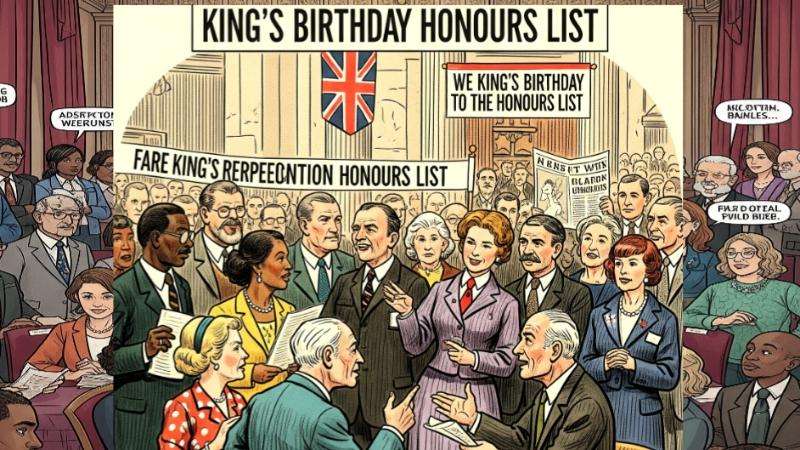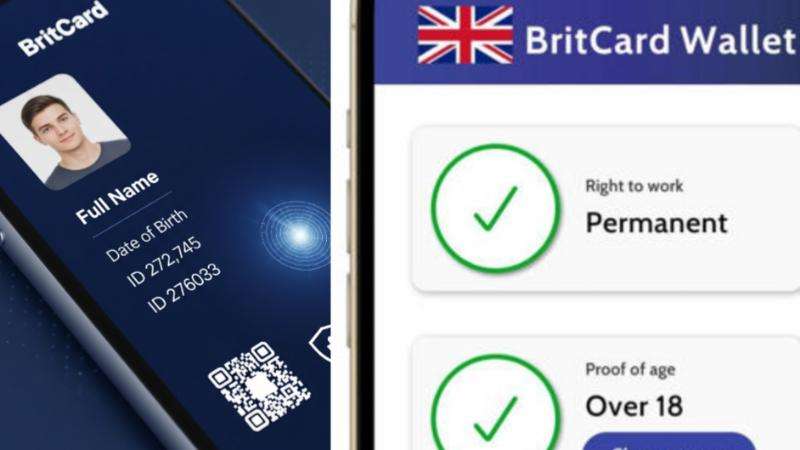Downing Street is accelerating plans for a mandatory digital ID card, now widely known as "BritCard," as a key tool to combat illegal migration and enhance efficiency across public services. The proposal, initially championed by the Labour Together think tank and backed by senior No. 10 figures, envisions a free, secure digital ID stored on a user's smartphone, likely within the evolving gov.uk Wallet app, Daily Dazzling Dawn understands.
This "BritCard" would allow instant verification of an individual's right to live and work in the UK, with employers, landlords, and banks utilizing a free verifier app. Supporters believe it will streamline right-to-rent and right-to-work checks, reduce welfare fraud, and send a clear message that the UK is not "soft touch" on illegal migration. The system's estimated cost to build is up to £400 million, with an annual administration cost of around £10 million.
The government is actively engaging with the technology sector to develop the gov.uk Wallet, aiming for its launch and initial credentials (like a digital veterans card) within the current year. The broader ambition is for all government-issued credentials to be digitalised by 2027.
While the concept of national ID cards has historically been controversial in the UK due to privacy concerns and past failed attempts (such as the defunct Gov.uk Verify program), proponents argue that the digital format, combined with the Data (Use and Access) Bill introduced in October 2024, offers a more secure and efficient solution. The Data Bill aims to create a legislative framework for trusted digital verification services, addressing some of the previous concerns by establishing a trust framework, public register, trust mark, and information gateway.
Despite the renewed push, debates persist. Some worry about the potential for "ID cards by stealth" and the implications for privacy, especially given past data handling issues with government digital services. There's also a clear tension between the government's plans for a free, taxpayer-funded digital wallet and the private sector's desire for profitable use-cases in the digital identity market. However, a recent survey by Thales indicated that a significant number of UK residents are already storing digital copies of their IDs on phones, highlighting a growing public adoption of digital identity in various forms. Former Prime Minister Tony Blair has also re-emerged as a vocal proponent, arguing digital IDs can combat populism and bring order to illegal immigration.








.svg)




_1.jpg)
_1.jpg)